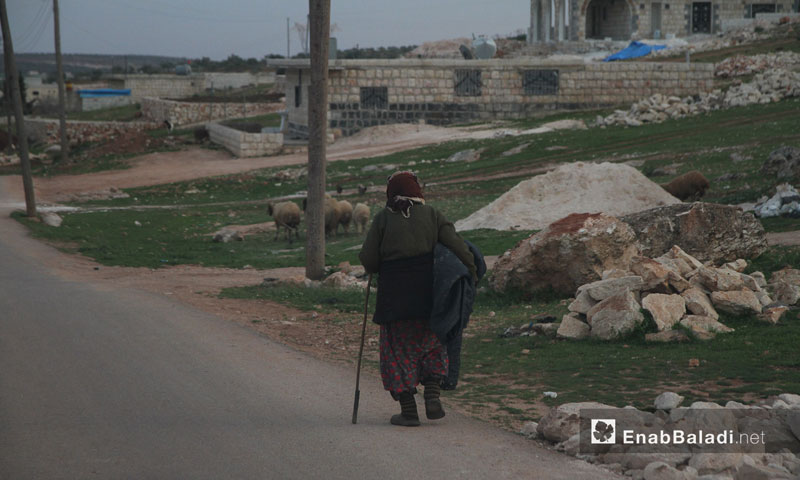
200 Years Old, Tribal Court in Rural Hama Still Sought upon Disputes

The guest house of sheikh Awad Saleh al-Sheehan, from the Bani Khalid tribe, is treated as a magistrate tribal court, 200 years old in the Shashabo Mountain, rural Hama, and is yet sentencing judgments on dispute-related issues despite the spread of civil courts in Hama.
The predecessors of Sheikh Awad were tribal judges, attracting to their guest house, located in the Shashabo Mountain, a massive segment of disputers, wishing to reconcile in the rural parts of Hama and Idlib. The court is not the destination of the area’s people only, but also others from different areas.
Sheikh Mouran Awad al-Sheehan told Enab Baladi that more than 150 years ago, his grandfather Mohammad al-Sheehan was a source of trust to opponents, who accepted his judgment being “knowledgeable” of conciliation issues and “just” when it comes to judgment. The disputes were solved at his house, and he gave the work in heritage to his sons and grandsons.
Peace-based Reconciliation Mechanism
The al-Sheehan family depends on a fixed mechanism upon addressing disputes. The opponents must come to their guest house, and then the two sides to the dispute place their fingerprint on the consensual conciliation arbitration document. When the sentence passes, it is adopted by the judiciary entities and tribes, obliging the two sides, according to Sheikh Mouran Awas al-Sheehan.
The tribal court in the Shashabo Mountain consists of the Conciliation Council of the Bani Khalid al-Makhzomiya al-Qurashiya tribe, headed by sheikh Awad al-Saleh. The council consists of sharia clerics from the tribe, renowned personalities, known for their ability at solving matters and concluding deals, and people of opinion, experienced in eliminating disputes.
According to al-Sheehan, the Syrian regime used to transfer thorny tribe cases, which its courts failed to handle, to the tribal court to be solved in peace prior to 2011. After a sentence is passed, the judiciary document, signed by the two sides to the dispute, is sent to the state’s courts, which recognize the sentence, regardless of its nature.
Today, however, the disputes are solved through the creation of a customary sharia-based committee, where the two sides are to be satisfied and reconciled, while a penalty clause is added to the document in case any of the two sides fails to stick to the resolution. The violator is penalized to pay massive sums, estimated with regard to each separate case.
Why Do People Resort to the Tribal Court?
Ali al-Khlaif, from the Koura village in Shashabo Mountain, said that one of his relatives was shot to death by a person from al-Saqar family. The dead man’s family took revenge and killed a young man from the al-Saqar family, which necessitated that they resort to Sheikh Awad al-Sheehan, so the rift between the two families does not widen.
In an interview with Enab Baladi, Ali added that Shiekh Awad al-Salah brought the two sides to his house in a customary reconciliation sharia-based judiciary session, in the presence of the Tribal Council’s members. The sentence made was satisfactory to both sides.
The sentence was as follows: The family of the first dead person pay a penalty of 16 million Syrian pounds for deliberate murder; the second dead person’s family pay a penalty of 11 million Syrian pounds, for the killing was not deliberate. The court also decided that the al-Ali family buy the houses of the al-Saqar family under the two sides’ agreement.
Ali al-Khlaif said that the families in the Shashabo Mountain resort to the sheikh Awad al-Sheehan’s council due to the inherited traditions, which are decades old. In addition to the fact that the tribal courts issue sentences immediately without procrastination, as he put it.
Abu Asri, from the al-Toqan tribe, told Enab Baladi that the sheikh Awad al-Sheehan’s guest house has been a destination to people for years, pointing out that more than 20 years ago a dispute was brought to an end between his tribe and the al-Shaqra tribe, a division of the Bani Khalid tribe.
Two years ago, a man from the “Bani Izz” tribe was killed by a man from the al-Toqan tribe, the council of Sheikh Awad was asked to end the dispute as to prevent addition bloodshed.
“Due to customs and traditions, we always resort to the tribal courts,” Abu Asri said.
According to sheikh Mouran Awad al-Sheehan, the disputing parties resort to the tribal courts instead of the legal state courts as they refuse to file complaints against each other, for traditions and customs point out that seeking the tribal court is seeking peace and the process is conducted with the two side’s intention to do so, contrary to the state-affiliated courts.
He added: “There are many cases where the people concerned do not prefer to disclose before the public, needing secrecy, such as cases relating to honor and other. In the state’s courts, the cases expand and turn open.”
The sentences take a long time to be passed at the state’s courts, sometimes months or years, while the tribal resolution takes a few hours, according to Sheik al-Sheehan.
if you think the article contain wrong information or you have additional details Send Correction
النسخة العربية من المقال
-
Follow us :
Most viewed
- Negotiations between SDF and Damascus: Agreement on generalities, disagreement on details
- Challenges paralyzing electricity sector in Syria
- Turkey’s military attaché begins duties in Damascus
- Peace under pressure or division... What are Israel's plans and tools in Syria
- Damascus governorate prohibits motorcycle traffic

















 A
A
A
A
A
A
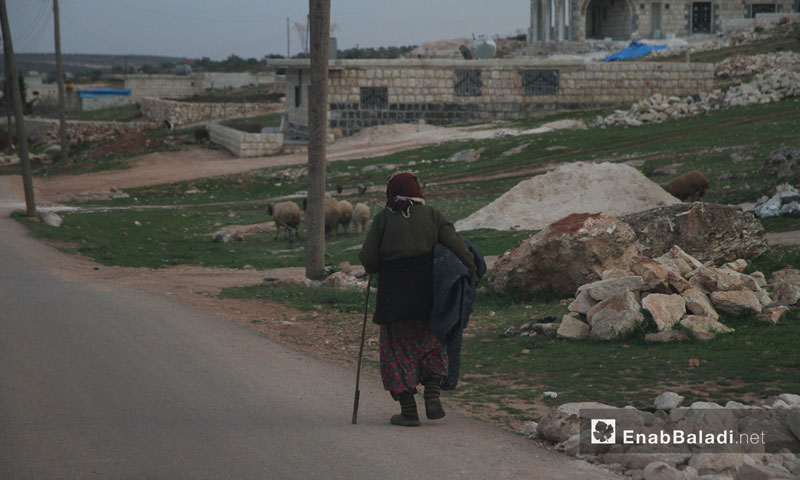



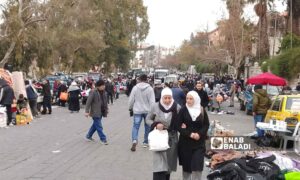
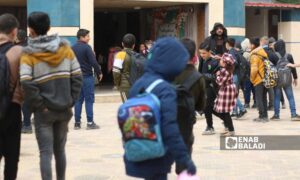
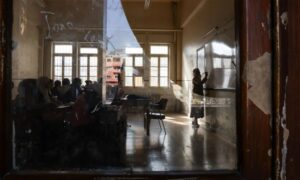
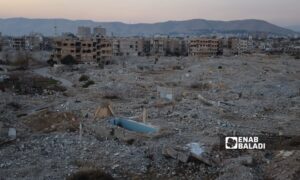
 More Society
More Society